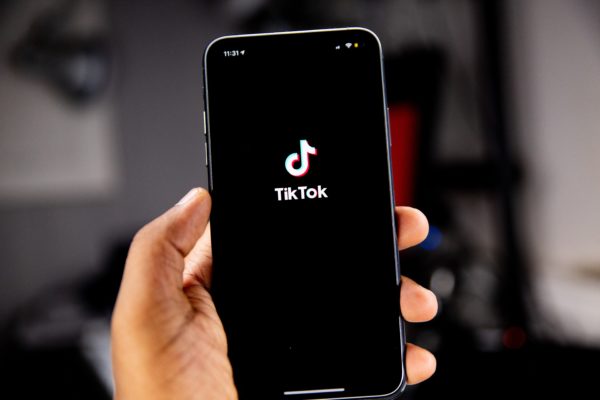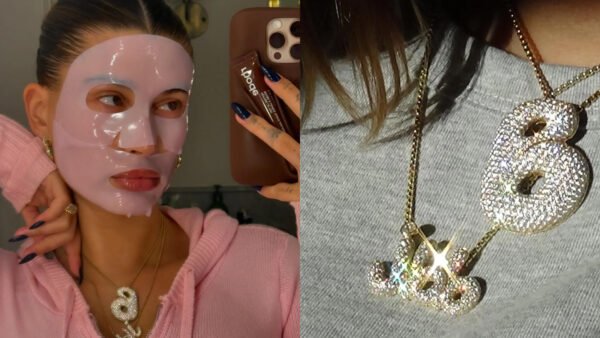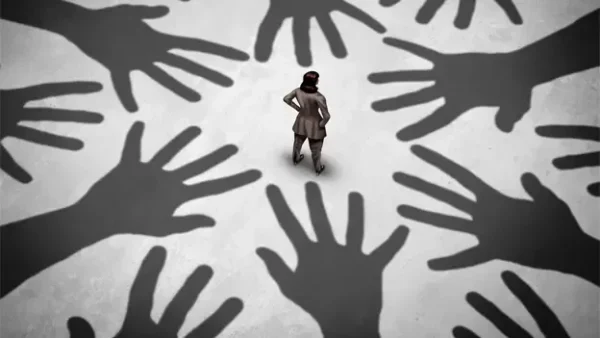
Expert Warns the Harm of Self-Diagnosis on Social Media

While social media can provide a platform for connecting with friends and family and staying up-to-day with the current trends, sometimes the content shared is inaccurate.
These platforms, in particular, TikTok have become a space for individuals to share their mental health struggles and seek advice from others. Self-diagnosing on social media can be extremely dangerous, however, as viewers are often heavily influenced by what they see.
Many behaviourist experts like Dr Catherine Carney, a psychiatrist at the rehab centre, Delamere, have grown increasingly concerned about the rise in people self-diagnosing addiction and mental health conditions like anxiety, and alcoholism on social media.
Dr Catherine Carney, Psychiatrist at Private Rehab Clinic Delamere;
“Many people turn to social media for health-related information, but despite how common this is amongst young adults, the significant downside is that self-diagnosis can be extremely hazardous and potentially threatening to your health.
It makes sense why more and more people are turning to social media for advice on their mental health as they can receive instant information regarding their troubling queries, instead of waiting for a doctors appointment or seeing a mental health specialist.
The issue with seeking advice on social media is that you could be provided with completely incorrect information which could end up becoming an added detriment to your health.
It can be tough to verify the sourced information found on social media, as anyone can share their opinions and methods of treatment without being a qualified or trusted creator. That’s what makes this form of diagnosis so dangerous.
A recent report carried out by the Delamere data team found that 61% of the mental health advice provided on TikTok is incorrect.
Health information on social media is often too general. Each person has a different family and health background which can contribute to the decision-making process a medical professional goes through when deciding on a proper diagnosis or treatment method. That’s why it’s important to speak to a doctor, as they will have knowledge about you and your medical history, which will make your experience less stressful and more accurate.”
How to avoid self-diagnosing on social media
Speak to a professional – While it’s hard to break the habit of self-diagnosing online, it’s not healthy to continue. If you’re finding it difficult to limit or stop the behaviour, it’s important to speak to a mental health professional. Speaking to a specialist will help to ease feelings of anxiety and stress when your feelings are spiralling out of control.
Use trusted medical institutions – If you are seeking medical information or advice online make sure you are using the websites of trusted medical institutions such as the official NHS website. For the vast majority of medical concerns, there will be an established, trustworthy charitable organisation set up with a professional website that will answer most questions.
Find a distraction – When you have the urge to search your symptoms online or on social media, find something to distract yourself, you can go for a run, call a friend, watch some television, or do anything that will distract your mind.
Set a limit – Break from the habit of self-diagnosing by setting a limit on the time you spend watching and searching for mental health videos on social media. Set yourself a time limit, once you have reached it, stop searching and look for something alternative to do.












































